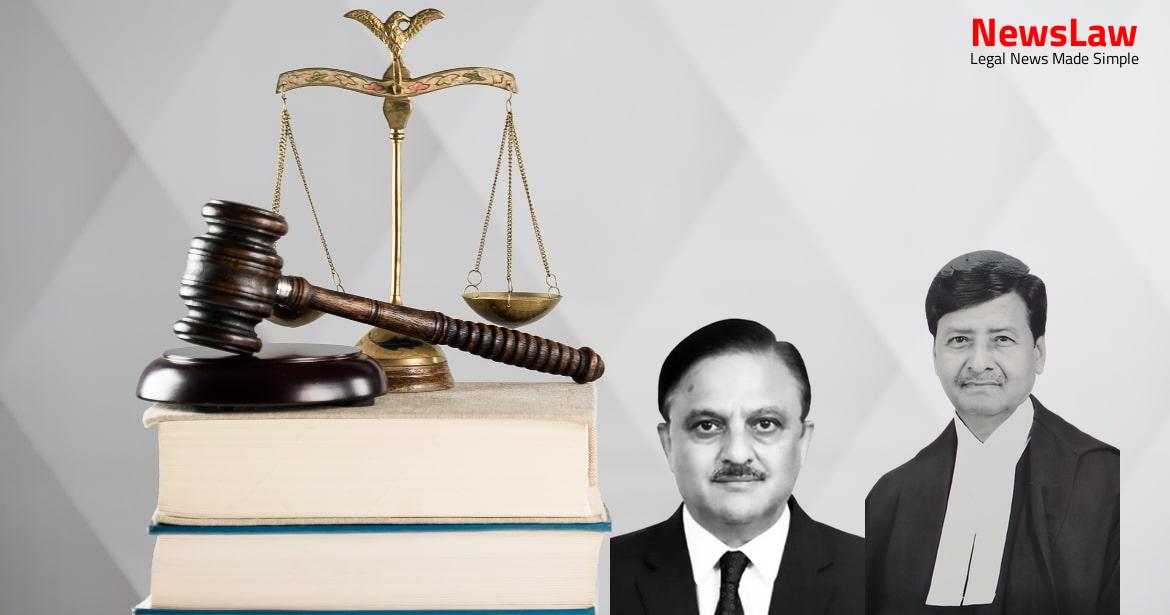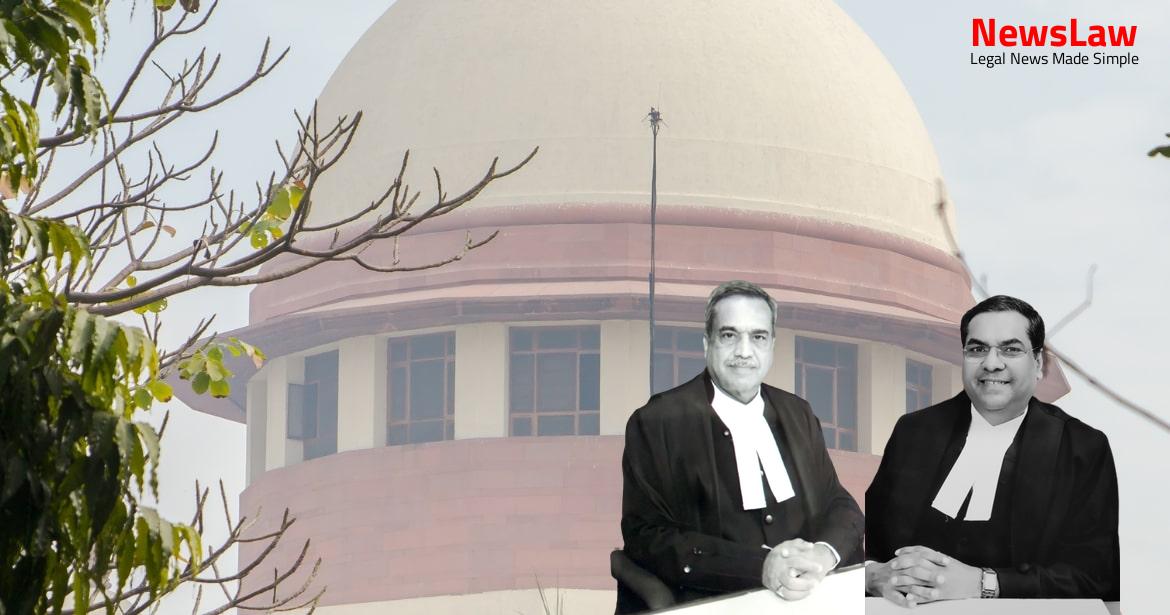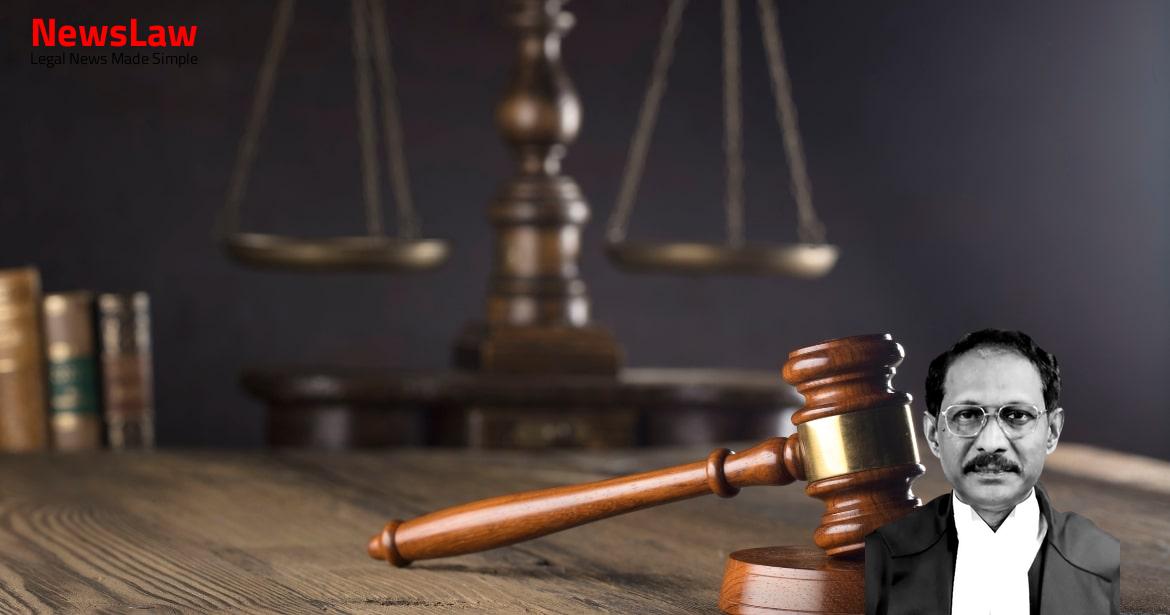The court’s in-depth legal analysis in a recent arbitration case sheds light on the complexities surrounding Emergency Arbitrator orders and their enforcement under the Arbitration Act. Dive into the intricate details of the court’s interpretation and application of key provisions, illustrating the significance of party autonomy and the self-contained framework of arbitration laws. Stay tuned to unravel the nuances of this intriguing legal case.
Facts
- On 2 February, 2021, the Single Judge passed a status-quo order restraining the Biyani Group from proceeding with a transaction.
- Special Leave Petitions were filed against this order and on 19 April, 2021, the Supreme Court stayed further proceedings before the Single Judge and the Division Bench of Delhi High Court.
- The Division Bench of the Delhi High Court, in a second judgment dated 22 March, 2021, stayed the Single Judge’s detailed judgment and order until the next date of hearing on 30 April, 2021.
Also Read: Interpretation of Section 43B: Debentures vs. Interest Payment
Issue
- The two important questions raised in the appeals are: first, whether an award delivered by an Emergency Arbitrator under the SIAC Rules can be considered an order under Section 17(1) of the Arbitration Act, and second, whether an order passed under Section 17(2) of the Arbitration Act enforcing the award of an Emergency Arbitrator by a Single Judge of the High Court is appealable.
Also Read: Ensuring Transparency in Electoral Processes
Arguments
- Respondent No.2 is a proper party to the arbitration proceedings and the Emergency Arbitrator properly invoked the Group of Companies doctrine.
- Various judgments were cited to argue that the Emergency Arbitrator lacked inherent jurisdiction in this case.
- The enforcement application was specifically filed under Order XXXIX, Rule 2-A as a civil court application.
- Mr. Saurabh Kirpal argued that orders under Section 17(1) of the Arbitration Act are enforceable under the Code of Civil Procedure, not under the Arbitration Act itself.
- He referred to a specific sub-section not inserted by the 2015 Amendment Act, indicating the legislative intent to enforce orders under the Code of Civil Procedure.
- Referring to a previous case, he argued that the precedential value of the case should not be undermined as Parliament chose not to enact a proposed amendment.
- He also pointed out that an Emergency Arbitrator is not aligned with the scheme of the Indian Arbitration Act unless an amendment is made by Parliament.
- Mr. Salve clarified that the appeal in the present case was under Order XLIII, Rule 1(r) of the Code of Civil Procedure, not under Section 37 of the Arbitration Act.
- He emphasized that the language of Section 17(2) suggests enforcement under the Code of Civil Procedure for orders made under Section 17(1).
Also Read: Legal Analysis in Foreign Award Enforcement Case
Analysis
- Interim orders or Awards made by an Emergency Arbitrator are binding until modified or vacated by the arbitral tribunal.
- Emergency Arbitrator orders are covered under institutional rules agreed upon by parties and referable to Section 17(1) of the Arbitration Act.
- Section 9(2) and Section 9(3) aim to decongest courts by limiting applications for interim relief once an arbitral tribunal is constituted.
- The enforceability of Emergency Arbitrator orders under Section 17(2) falls under the Code of Civil Procedure.
- The Emergency Arbitrator’s power mirrors that of a civil court for interim measures.
- Party autonomy is a key aspect in arbitration, allowing for agreements on Emergency Arbitrator provisions.
- Emergency Arbitrator orders are crucial in providing expeditious relief and decongesting civil courts.
- The Arbitration Act’s self-contained code emphasizes exhaustive arbitration laws.
- Emergency Arbitrator awards/orders are deemed to be part of the Arbitration Act’s framework.
- Emergency Arbitrator orders are enforceable as court orders under Section 17(2).
- Introduction of Rule 2-A in Order XXXIX provides consequences for breaching injunctions under Rule 1.
- New Rule 2-A aligns provisions for breach of injunctions under Rule 1 with those under Rule 2.
- Controversy existed regarding the enforcement of injunction breaches by transferee courts under existing provisions.
- Amendment Act of 1976 clarified enforcement measures for breaching injunctions as per Rule 2-A.
- SIAC Rules and institutional arbitration rules outline procedures for arbitration proceedings and interim relief.
- Sections 9, 17, and 37 of the Arbitration Act detail procedures for interim measures before arbitral tribunals and courts.
- Emergency Arbitrator procedures detailed under SIAC Rules allow for swift interim relief applications before the arbitral tribunal is constituted.
- Interpretation of Section 34 of the Arbitration Act in relation to setting aside an arbitral award requires adherence to specified grounds and time limits.
- New appeals category in Section 37 allows appeals against certain orders under the Act.
- Section 151 provides for determination of jurisdiction as a preliminary issue before granting or setting aside interim relief.
- Section 9-A emphasizes adherence to timelines for commencing arbitral proceedings after court orders for interim measures.
- Learned counsel for the Respondents cited a recent judgment in the case of Chintels (India) Ltd. v. Bhayana Builders (P) Ltd.
- They relied on the principle established in Kiran Singh v. Chaman Paswan and other related judgments to argue that parties can ignore an award by an Emergency Arbitrator in cases of inherent lack of jurisdiction.
- Reference was made to the judgment in CIT v. Pearl Mechanical Engineering & Foundry Works (P) Ltd. to highlight the necessity for courts or tribunals to have jurisdiction as per the law.
- Amazon’s counsel, on the other hand, leaned on judgments of the Bombay High Court in Jet Airways, Kakade Construction, and Global Asia Venture Co. v. Arup Parimal Deb.
- Section 17 was bifurcated into two sub-sections by the 2015 Amendment Act
- No corresponding amendment was made to Section 37(2)(b) to include the amended Section 17
- No appeal lies under Section 37 of the Arbitration Act against an order of enforcement of an Emergency Arbitrator’s order made under Section 17(2) of the Act
- All interim orders of the Court stand vacated as a result of this judgment
Decision
- The Emergency Arbitrator must issue an interim order or Award within 14 days unless the Registrar extends the time.
- Rejoinder must be filed within two weeks after the Emergency Arbitrator’s decision.
- Respondents are directed to seek recall of orders passed in violation of the Emergency Arbitrator’s interim order, within two weeks.
- Impugned judgments of the Division Bench are set aside, and appropriate security must be provided for the relief sought.
- Respondents must file an affidavit detailing actions taken after 25 October 2020 before the next hearing date.
- Respondents No.3 to 11 must be present in court on the next hearing date.
- Amazon filed an application under Section 17(2) of the Arbitration Act, which was heard and disposed of by a Single Judge of the Delhi High Court.
- The Supreme Court allowed amalgamation proceedings to continue, but not to culminate in any final order of the sanctioning scheme.
- A detailed judgment was passed under Section 17(2) determining that an Emergency Arbitrator’s award is enforceable as an order under the Arbitration Act.
- Show-cause notice was issued for violations of the Emergency Arbitrator’s award, and a cost of Rs.20 lakh was imposed and to be deposited for COVID vaccinations.
- Respondents are directed to file an affidavit of their assets as of today within 30 days.
- An appeal by FRL against the Single Judge’s order was stayed by a Division Bench on 8 February 2021 and listed for further hearing.
- All objections raised by the respondents were rejected with a cost of Rs.20,00,000/- to be deposited for COVID vaccinations for senior citizens.
- The Emergency Arbitrator must provide summary reasons for the decision in writing.
- Additional affidavits must be filed by specific respondents in designated formats within 30 days.
- Show cause notice issued to respondents No.3 to 13 for potential detention in civil prison for violating the order.
- Respondents are directed not to take any further action in violation of the interim order.
- Assets of respondents No.1 to 13 are attached under Order XXXIX Rule 2-A(1) of the Code of Civil Procedure.
Case Title: AMAZON.COM NV INVESTMENT HOLDINGS LLC Vs. FUTURE RETAIL LIMITED (2021 INSC 385)
Case Number: C.A. No.-004492-004493 / 2021



